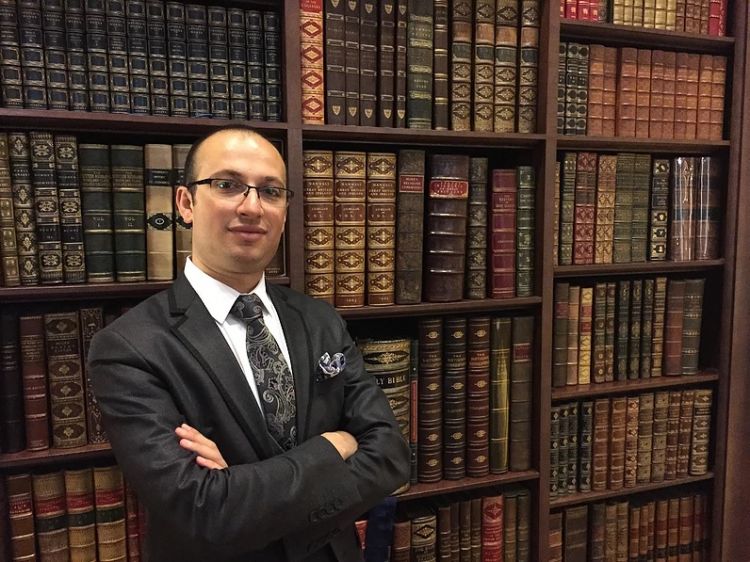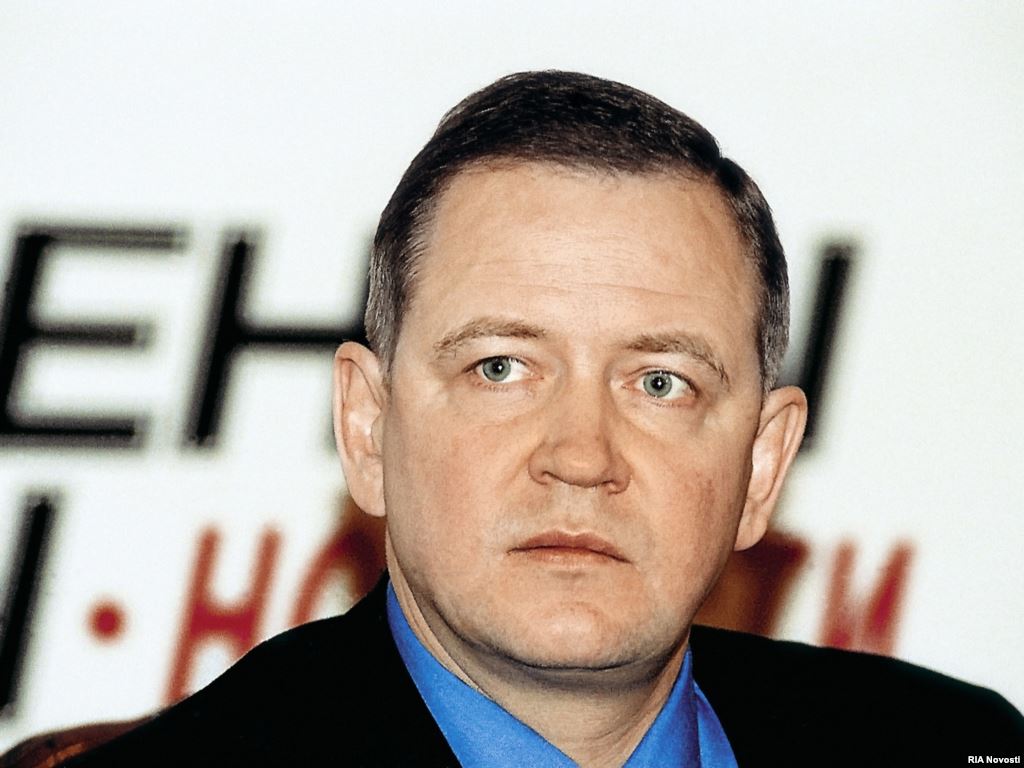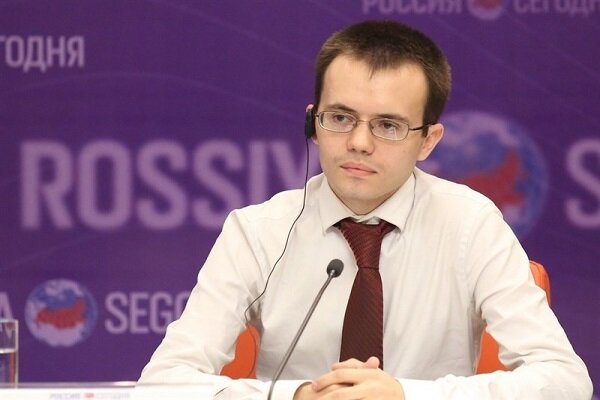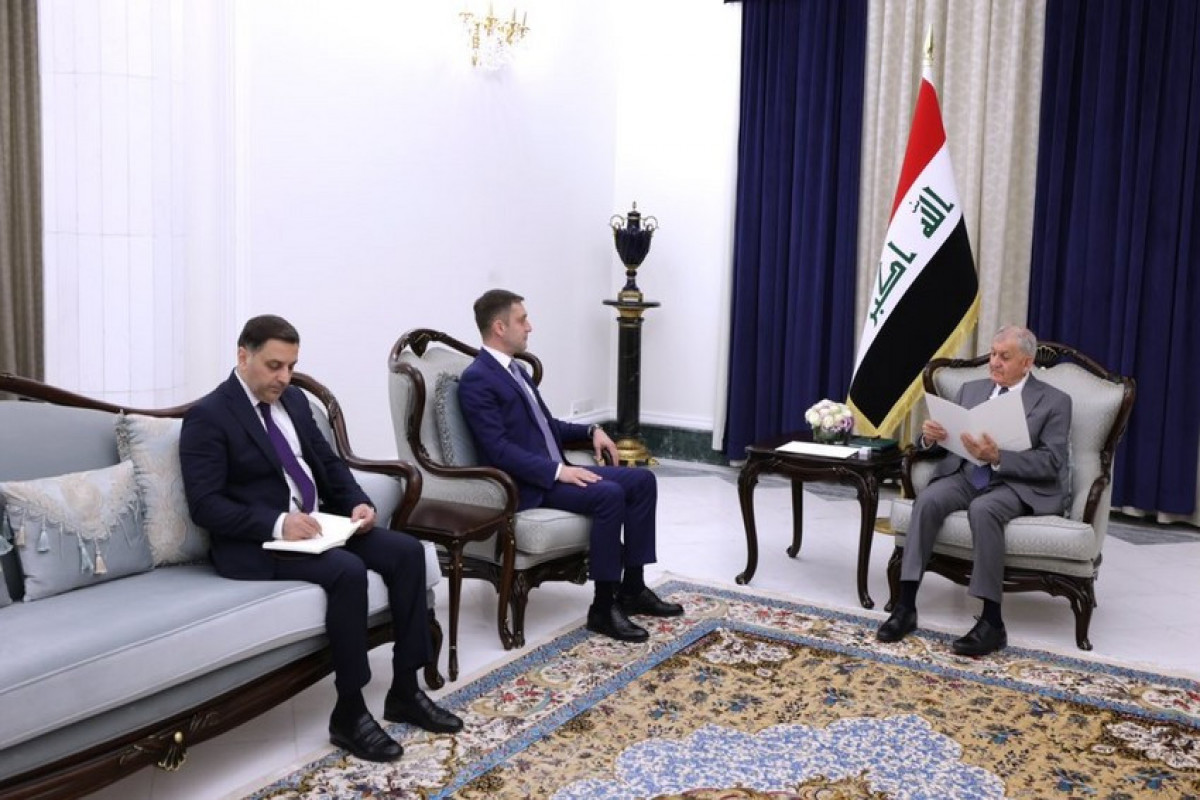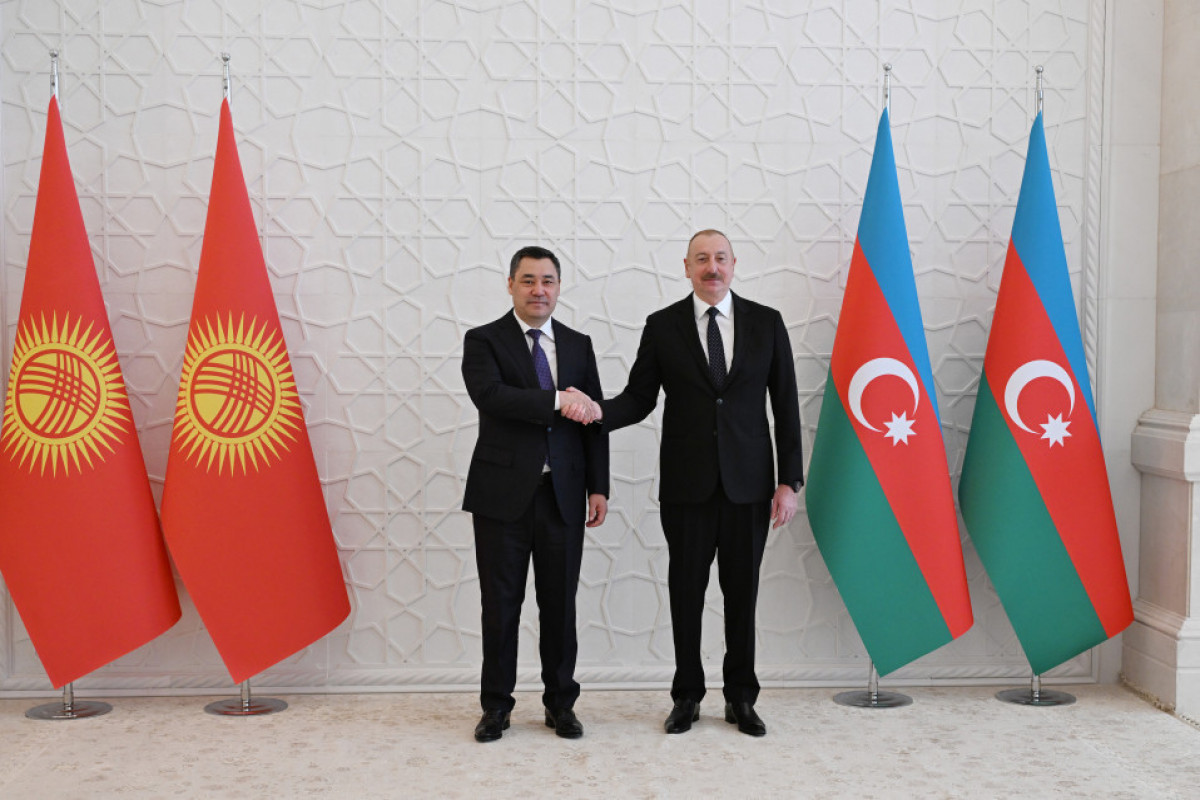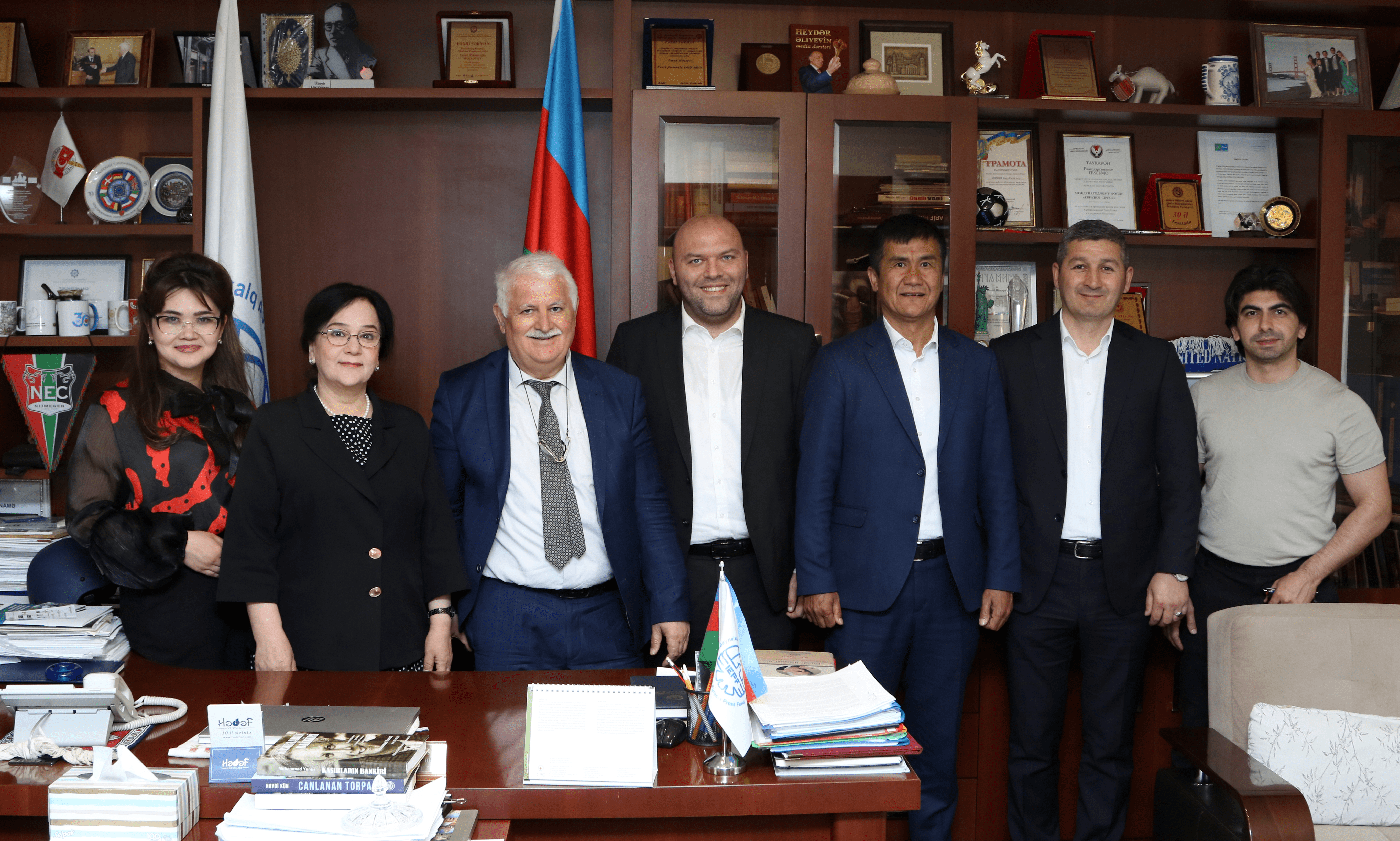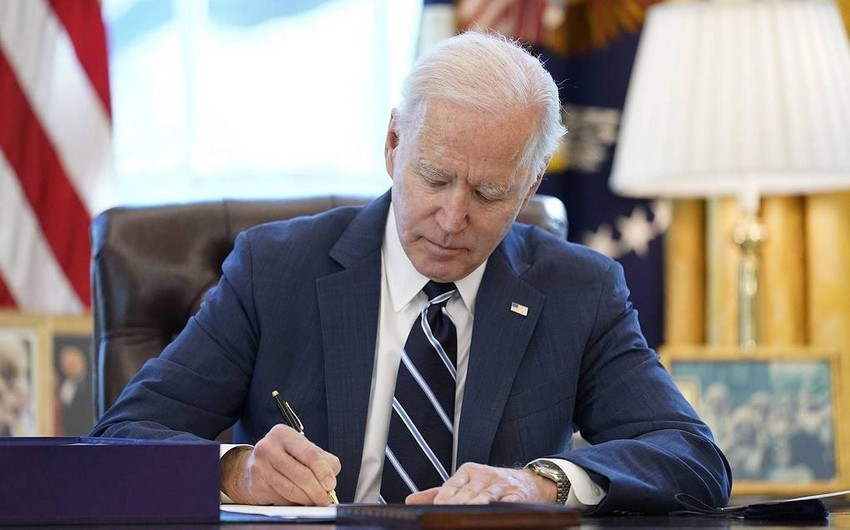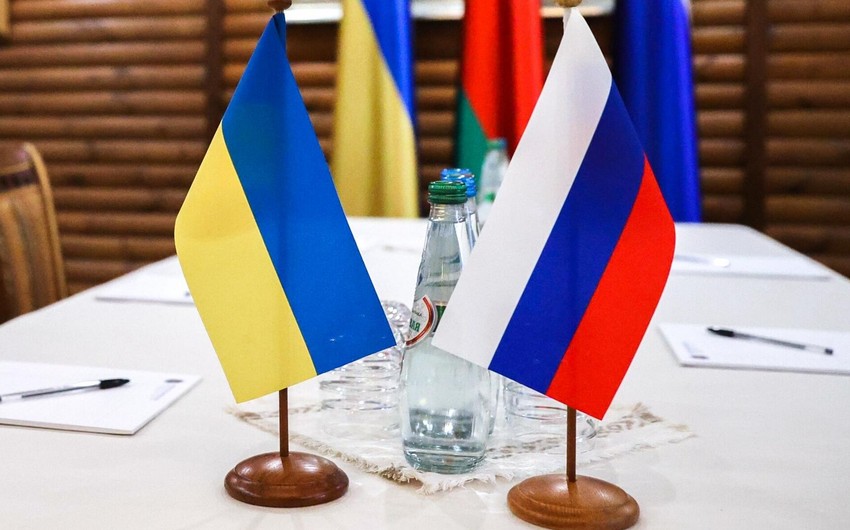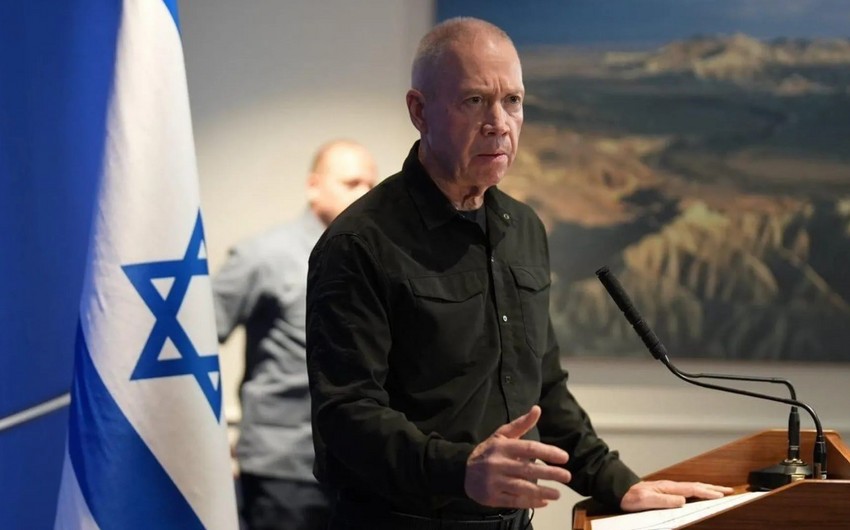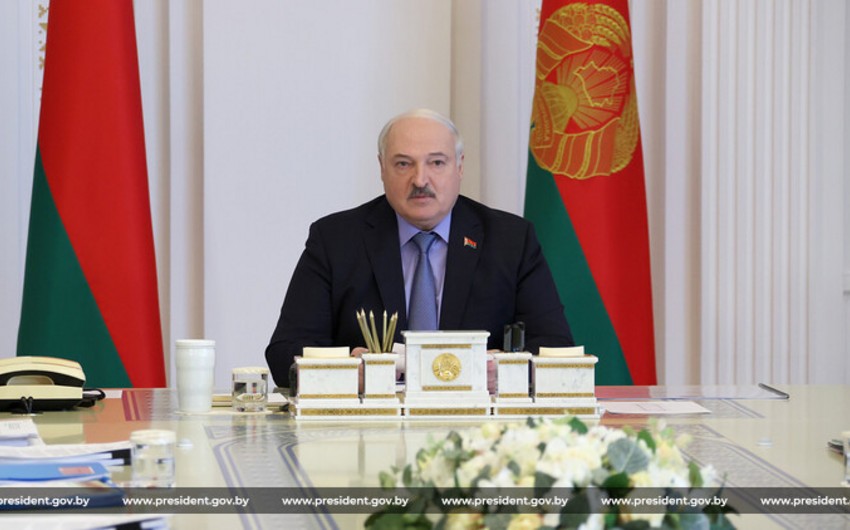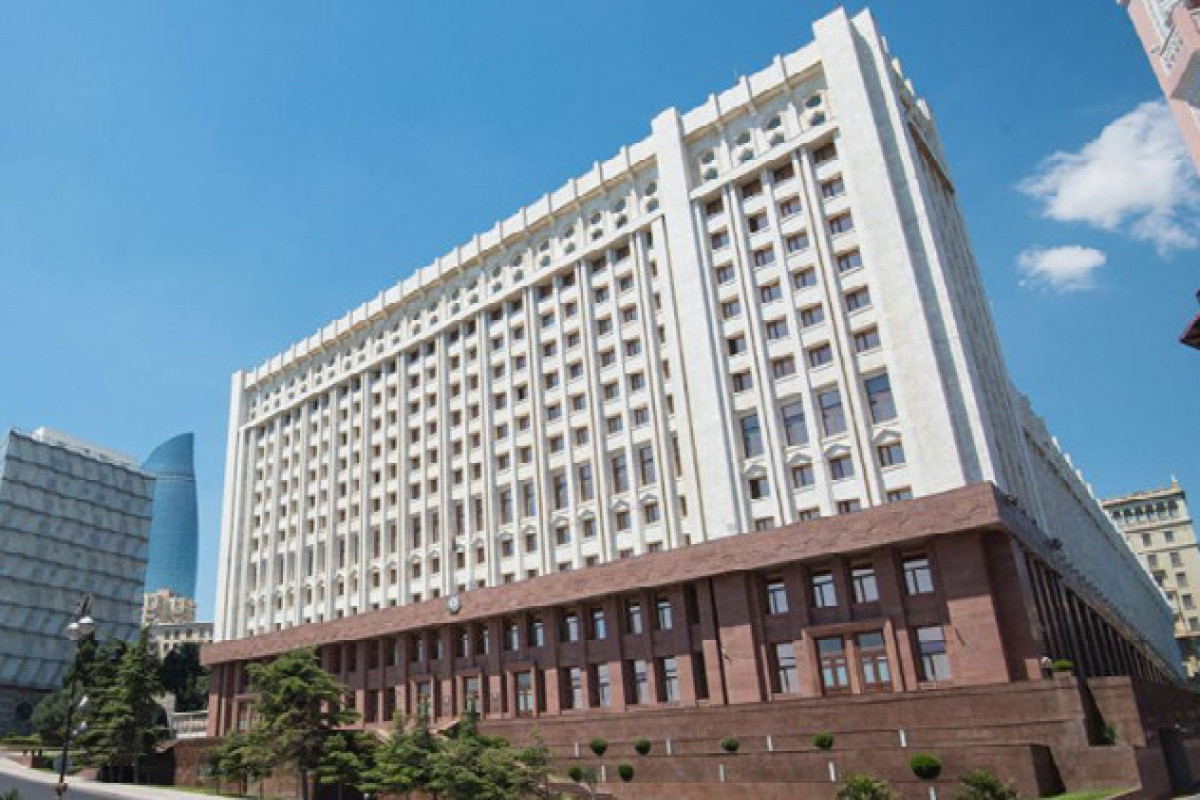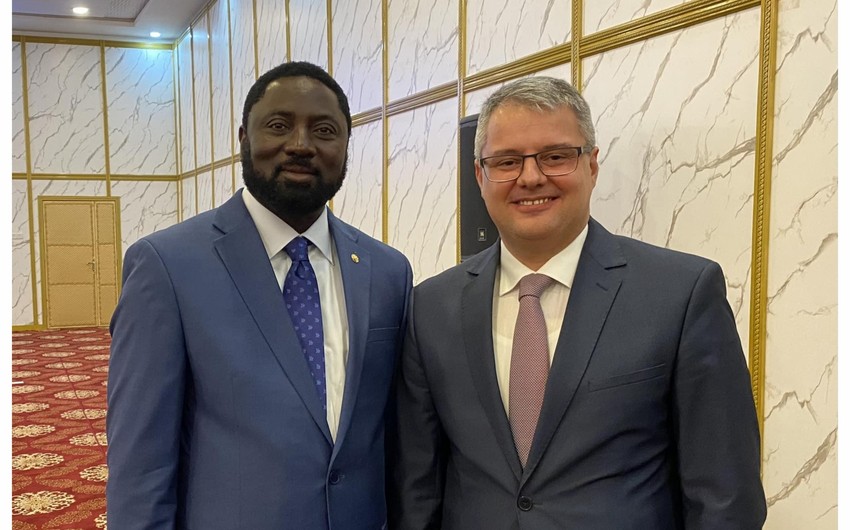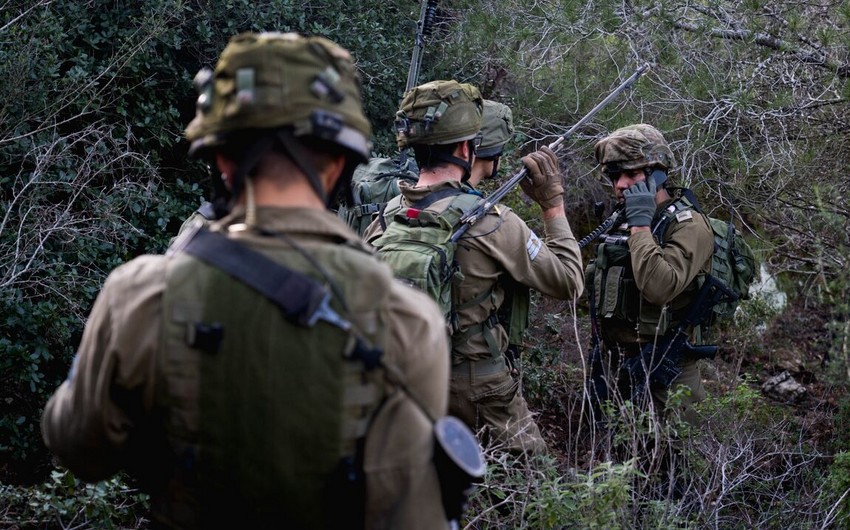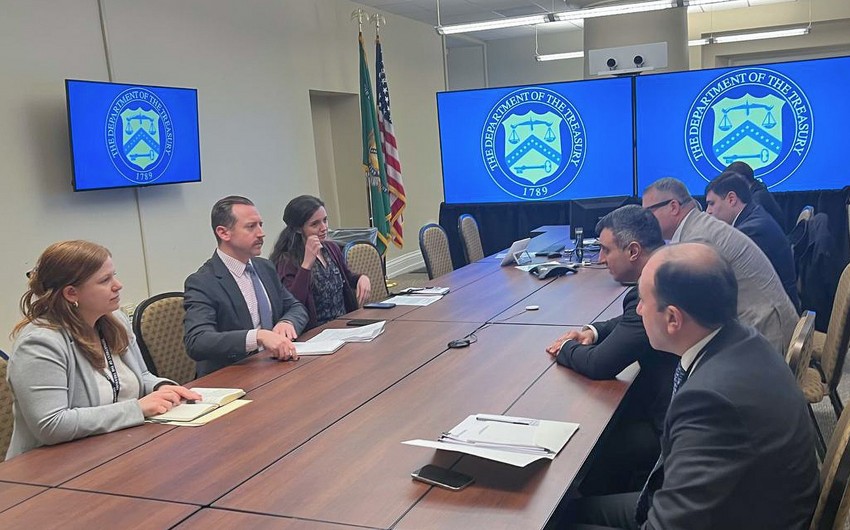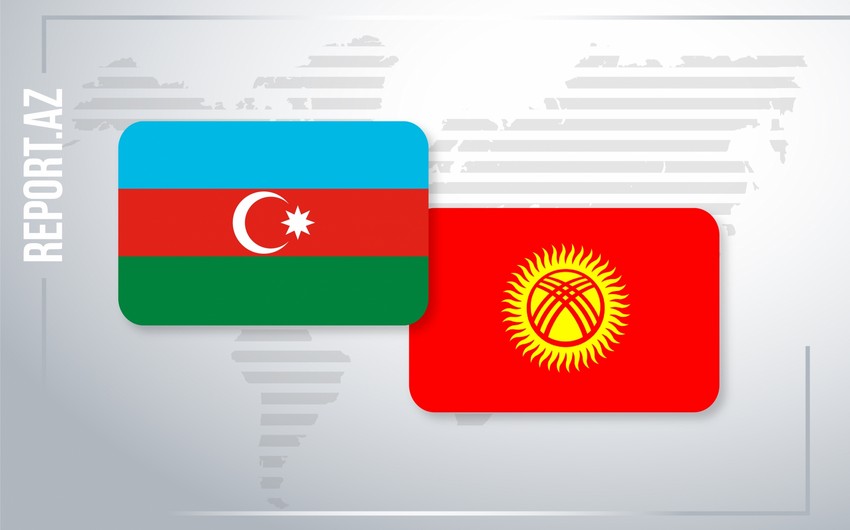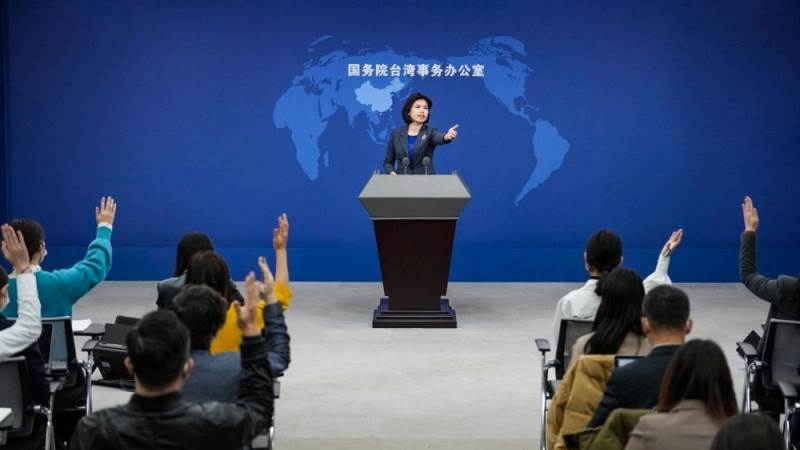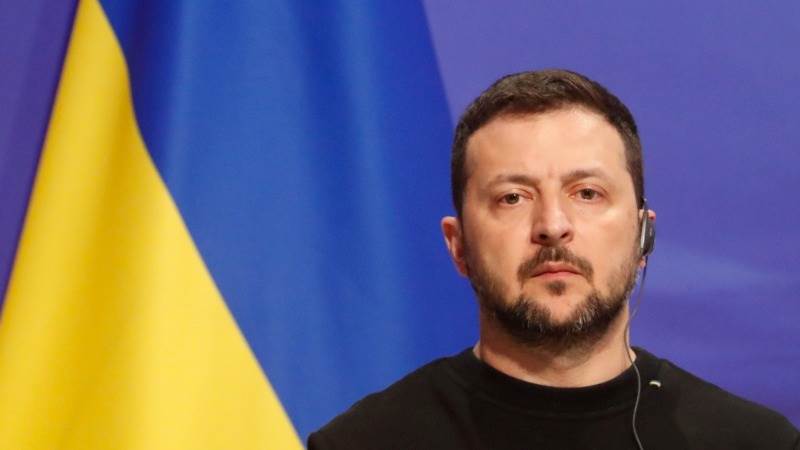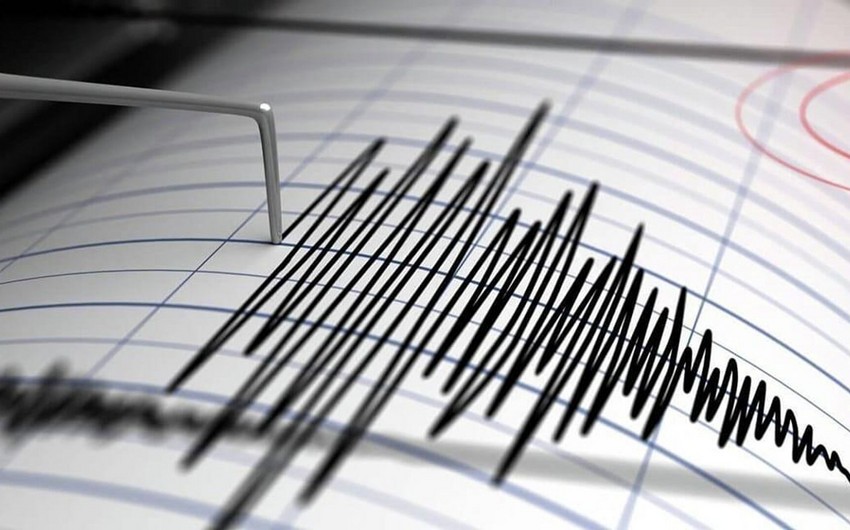Eurasia Diary interviewed with Erdoan Shipoli, expert on international relations, regarding the current political situation in the Balkans.
Eurasia Diary: Wars in Balkans has ended with the signing of the Dayton agreement and the intervention of NATO peacekeeping forces in Kosovo. Unfortunately, there has not been strong inviolable stability and the threat still remains to peace in the region. How can you estimate political situation in the Balkans?
Erdoan Shipoli: The situation in the Balkans is tense from time to time; nevertheless the conflict resolution in the Balkans is a success story if we compare it with other regions, like the Middle East. That being said, the conflicts in the Balkans have been halted, but it is still not resolved, this is why the tensions arise from time to time. One of the problems is that the people in the Balkans do not decide on the fate of their countries and the relations with their neighbors. It is the political elite who use these situations for personal political gains that escalate the situations with dangerous rhetoric.
We also must understand that the biggest problem in the Balkans is unemployment, corruption, and socio-economic situation. While there are occasional tensions in the Balkans today, most of them are not ethnic or religious, they are social. Although in some cases, like in Macedonia, the political elite has tried to frame them as ethnic, that was not the case and they couldn’t construct them as such. People are now fed up with corrupted political elites, lack of prosperity, unemployment, and crime. At least in the near future I expect more of such unrest rather than ethnic as previously. But, if we are not careful they might escalate to ethnic conflicts.
Here the EU and the US has an important role to facilitate a political atmosphere where the people get what they want: democratic leadership, non-corrupted leaders, employment, etc.
Eurasia Diary: What is your opinion concerning the possibility of secessionist movement of ethnic Serb in Bosnia, ethnic Albanians in Macedonia and ethnic Greeks in Albania?
Erdoan Shipoli: I think we should take them one by one. Bosnia is in a more problematic situation because the way how it was formed. The current government structure is very unstable. I am afraid that if the Serbians in Bosnia continue to be led by Dodik and his people that might be the option they have in mind. This would be a terrible choice by the Serbian population because they would need to emerge with Serbia and Serbia is not in a good shape either. On the other hand, Bosnia and Herzegovina is already small to be divided further.
If we look at ethnic Albanians in Macedonia we see that they are not asking for separation. In fact, the Albanians are asking to have more rights inside Macedonia. They want more representation, their language to be recognized, and other socio-political and economic rights. I am more afraid of increasing Macedonian nationalism (which fortunately is in minority among the Macedonians) that would fire things up and push Albanians to ask for a separate country. Fortunately, as I pointed out in the first question, even in Macedonia people are protesting the government because of corruption, nepotism, crime, and their resistance to recognize the will of the people. It was one of few cases where Albanians and Macedonians came together against the government.
The Greeks of Albania also have never seriously voiced their request for separation. They have their own rights, individual and communal, and they want more, which is their right to do. I don’t believe that it will escalate to the point where they would want to separate.
The point here is that if we start changing the borders in the Balkans, then there is no end. There are Albanians in southern Serbia (Preshevovalley), Montenegro, Greece, Macedonia, and Kosovo, but if we assume that they want to separate that would be unreal because they cannot come together to common goals either. Instead they want, such as Serbians, who are present in Kosovo, Bosnia (all three parts), Albanians in Serbia, and Montenegro. Instead, the EU should give them a vision to unite under the banner of the European Union. In fact, ex-Yugoslavia countries should be a successful pilot project of the EU where they can meet under the EU flag. I believe that people in the region are ready and they only need a vision and leadership from the EU.
Eurasia Diary: How do you think, does religion have a role in the incitement of national hatred between the Balkan nations?
Erdoan Shipoli: This is a little tricky. Religion in the Balkans is nationalized. Religion is just used, as like the Serbian Church blesses Serbian paramilitaries to go to war, or in Bosnia religion is still used more as a separation element with Serbs. In Kosovo, for example, the war was only ethnic and Albanians from any religion fought against the Serbian oppression. I think that this situation is more favorable and that the international community should refrain from giving these conflicts a religious identity. I wouldn’t call it national hatred between Balkan nations, rather I would say nationalist feelings among the Balkan nations, and those feelings have shown to be dangerous from time to time, but religion plays a minimal role.
Eurasia Diary: In Macedonia ethnic Albanians are trying to maintain national identity, also they want to declare their own language as second state language. However, nationalist groups in the country oppose this that has led to confrontation between Albanians and Macedonians. From point of your view, what is a kind of political settlement that could pacify situation in the country?
Erdoan Shipoli: I believe that the Albanians in Macedonia should live in Macedonia under a united government. Nevertheless, they should have all their individual and communal rights, including the language, and not be discriminated at work, society, and elsewhere. Together, the Albanians and Macedonians, should focus on building and developing Macedonia, increase employment, improve socio-economic situation, fight corruption and crime, and lead a democratic government. The latest clashes were less ethnic as much as they were against the government policies. The government could not give any reason against their claims, also they try to frame it as ethnic which resulted in clashes but didn’t hold up and the government had to let it go. The political settlement is that Macedonia should be a pioneer of democracy where everyone (not only Albanians) has their rights to the fullest, and they should work together for a prosperous Macedonia.
Eurasia Diary: How can you assess geopolitical impact of the Balkans in the international relations?
Erdoan Shipoli: I think, it suffices to mention that both of the World Wars have started in the Balkans. While I believe that the situation is better in Balkans than in the Middle East, I am not confident that it won’t escalate. If the situation escalates there will be a lot of tension, much more than in 90s, because of the old issues not being resolved. Then it would defuse into the Middle East, Europe, and other regions. Russian influence is increasing and there is an already established American influence in the region, which I am afraid they would clash if the situation escalates.
On the other hand, if the Balkans is fully integrated in the Euro-Atlantic family, it would have a positive effect in the Middle East and other regions. So yes the geopolitical impact of Balkans in International Relations is high.
Eurasia Diary: Can the European Union carry out anything to maintain peace in Balkans?
Erdoan Shipoli: Firstly, EU should have a clear roadmap on what is expected, and it should be available for the people to see not only the political elite. EU should engage more in improving the political atmosphere instead of only asking them to do it by themselves. Also, they should not isolate anyone, like they are doing with Kosovo, because when isolated people look for other venues.
Currently, a Visiting Scholar at Georgetown University’s School of Foreign Service Center for Muslim Christina Understanding Erdoan A. Shipoli, has his Ph.D. in Political Science and International Relations. He has served as a co-founder and leader of multiple internationally-recognized organizations and institutes, such as the Istanbul Leadership Institute, Lobbying School, and North American Professionals and Entrepreneurs Network (recognized by FORBES). Erdoan has also co-organized several international conferences, seminars, exchange programs, and workshops. Lecturer, speaker, writer, and researcher for multiple universities, institutions, and platforms on international relations, securitization theory, Islam and politics, terrorism, CVE studies, etc. Erdoan speaks Albanian, English, Bulgarian, Turkish, and Serbo-Croatian-Bosnian. He published two books and is currently writing the third one, countless articles, and presented in numerous international conferences. Currently he contributes for Huffington Post (in English) and sbunker (in Albanian).

